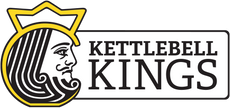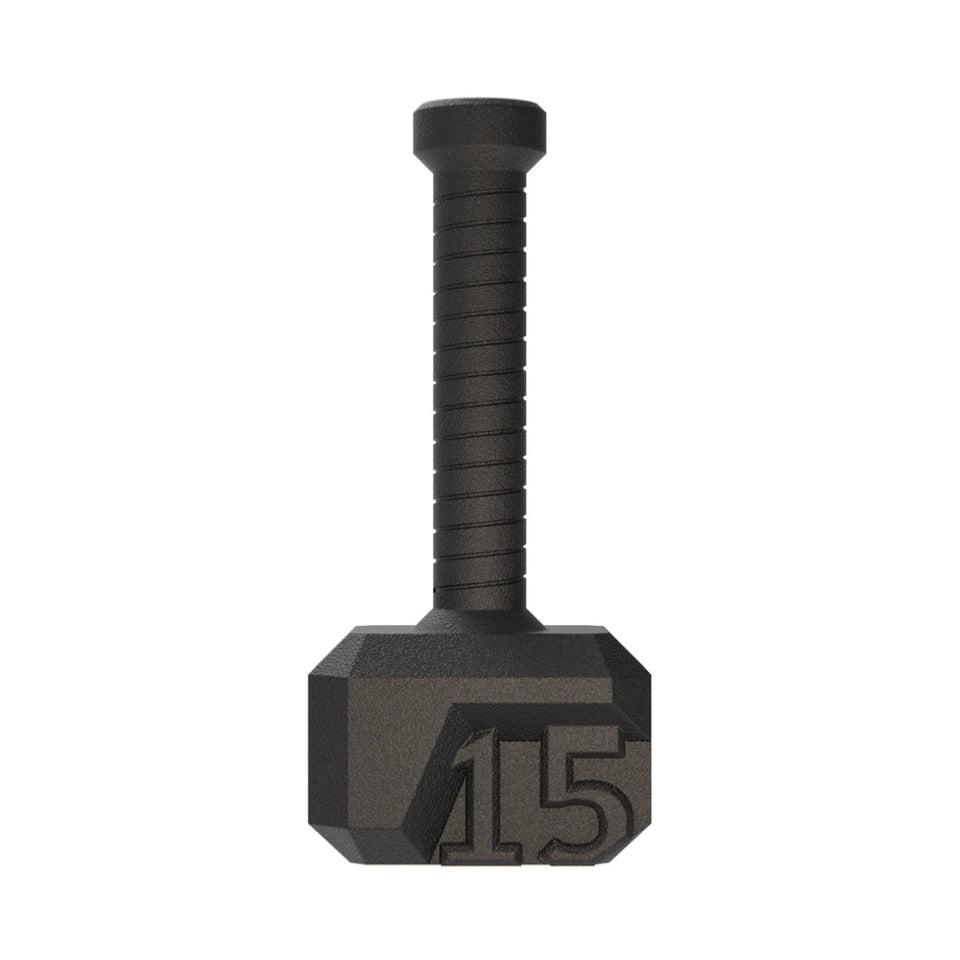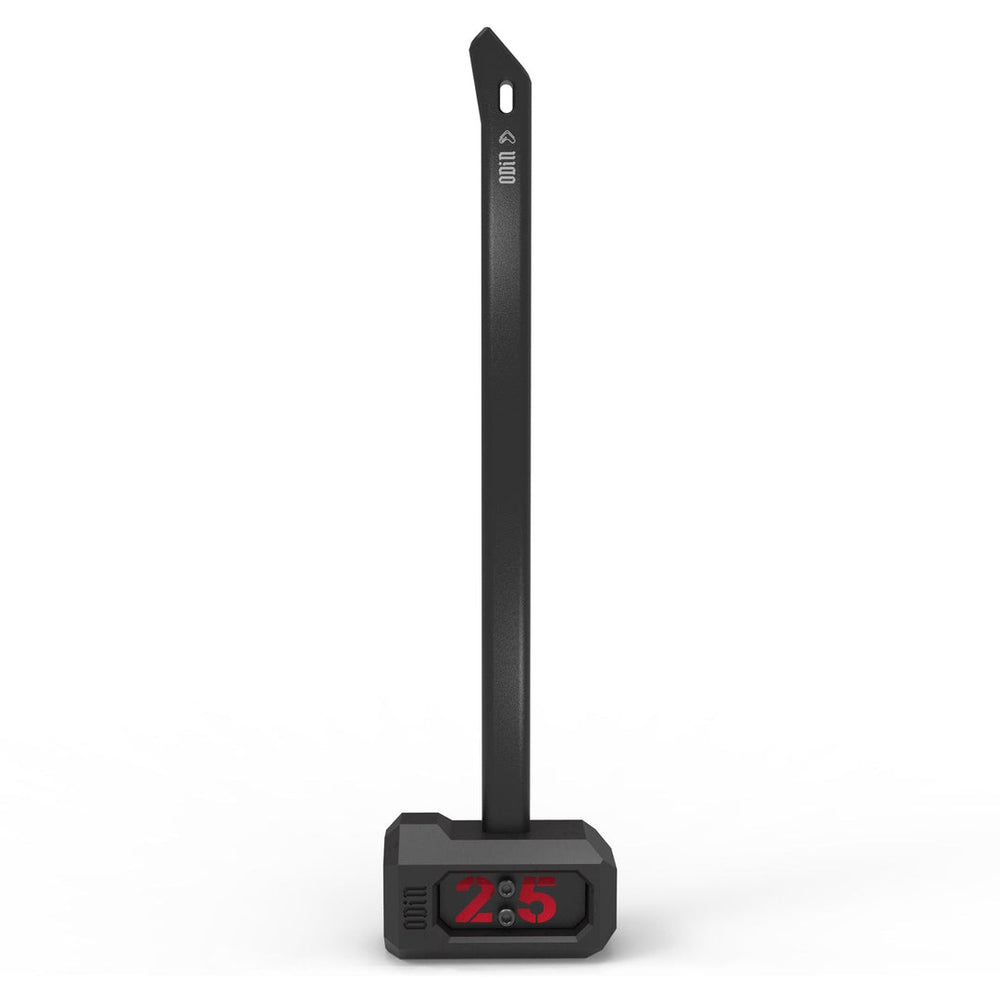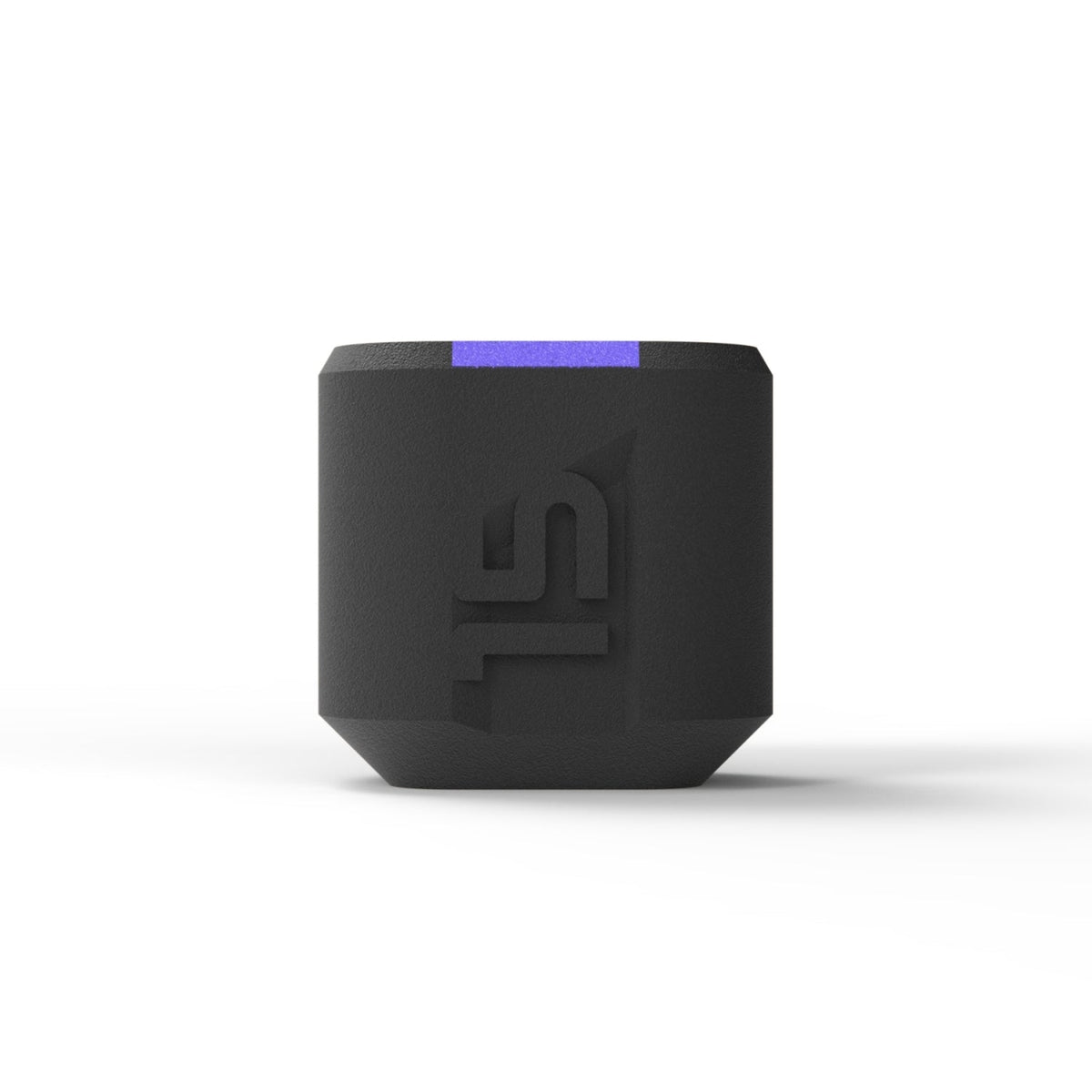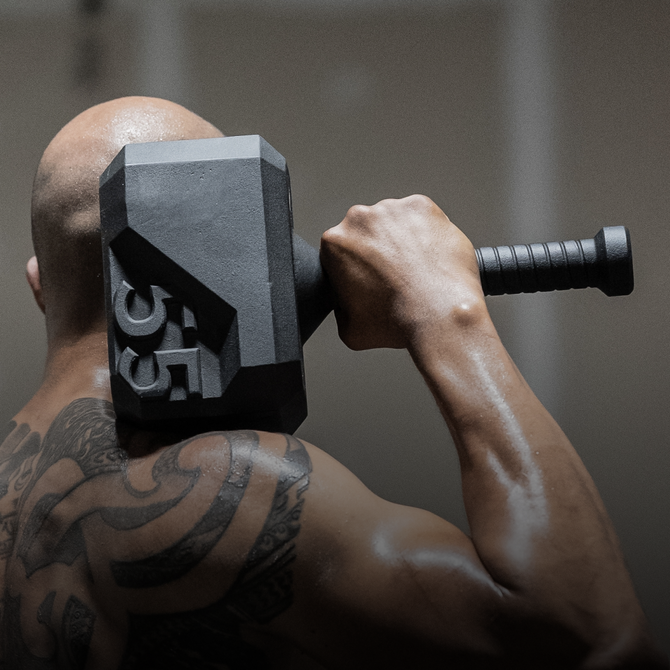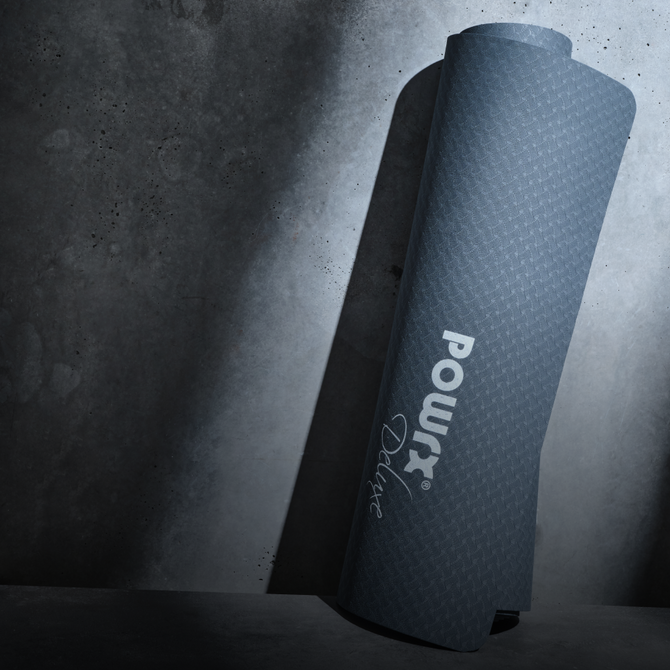Kettlebell Kings Hard Style Series: Turkish Get Up
By Doug Fioranelli
If you have been on this hardstyle journey with us, congratulations we have made it to our last kettlebell exercise: The Turkish Get Up (TGU).The TGU might not look to be the most complex kettlebell exercise to perform but it is one of the more detailed oriented because of the numerous movements needed to transfer your body from the floor and back down.
Unlike the kettlebell swings , clean sor snatches ; this exercise is a grind!More like the overhead press , the TGU requires high tension and precise movement to execute properly.In this article and video, we are going to break down the TGU and turn you into a strong, stable machine.
Proper setup and patterning:
The TGU has many intricacies which make it both challenging and rewarding to the trainee.I truly enjoy this exercise because it rewards your strengths and exploits your weaknesses in only one repetition.You may have great hip and shoulder strength but your hip mobility might be lacking .How is your muscle endurance? A good, solid TGU repetition takes about 30 seconds to complete so you will need it.
I have two cues I give to my trainees who are working on this movement: Go light and stabilize the position before you move to the next one .I see far too many people go too heavy because that is the weight they think they should use. They go too fast and cut corners with the technique and don't gain the full benefit of the movement.Remember it is about a 30 second grind for each repetition.
- Start with the kettlebell on one side of your body and turn toward the bell, in a fetal position, slide your hand through the handle, pull it close to the chest and roll back to your back.
- One the side the kettlebell is on: bend your knee so your foot is flat on the floor and then press the bell overheard like a chest press.
- Pack your shoulder holding the kettlebell by retracting your shoulder into the ground to keep it stable.You will be looking at the bell during the initial part of the movement.
- Your free hand and leg should be outstretched at the same angle (approximately 30-45 degrees) to cover surface area to make your body more stable.
- To initiate the movement, drive into the ground with your posted foot, roll from one hip to the other while keeping tension in your free leg and pulling inward with your free arm.At this point you should be up on the forearm and there should be a direct line between the kettlebell to the elbow on the ground.
- Get up onto the free hand with the fingertips back and the shoulder packed (pulled down) and chest up.Bridge high using the posted leg and sweep the free leg back so the knee lands close to the posting hand, with your body in a stable triangular.
- Laterally hinge at the hips and get into a lunge position; you can now look forward.Tuck the toe underneath so you can push off the ball of your foot and into the standing position.
- To descend: slide your rear foot back (opposite the bell) and drop the knee down into the lunge position.
- Windshield wiper (rotate the leg) into a triangle position, look at the bell, hinge at the hip (don't drop it) and find the floor straight to the side of your body.
- Kick your free leg through and place your hip on the ground.Keep your chest up, get your forearm back on the ground and roll from hip to hip, shoulder to shoulder until you are back on your back at the starting position.
It is hard to fully understand the TGU through a few bullet points; simply use these as reminders for the positions.It is best to watch the video to completely understand the sequential movements for a successful TGU.
To have a successful TGU it is recommended that you have a strong shoulder complex by doing overhead presses and chest presses.The other nice thing about the TGU is that the steps themselves can be isolated into their own exercises.Master each movement individually by putting them into your training program and then put them together to form a complete TGU.Let's get into the parts with more detail and really dial it in.
sit up
The first part of the TGU is the Sit Up and it's arguably the most difficult part of the movement which generally dictates how successful you will be with the rest of the movement.
If you are new, start by finding your correct position where you will be able to post strongly off the foot to get you up while keeping the chest up and arm locked overhead with a packed shoulder.One of the most common mistakes is not fully utilizing the strength and stability of the rooted foot.It must be connected with the floor and used to initiate the movement by pushing into the ground so you can roll from one side of your hip to the other in order to sit up to the side.Try your best to keep the leg up while doing this and not have your leg collapse inward too much.You also want to use the free forearm to dig into the floor to help pull you up into the final position where the kettlebell and free elbow are directly stacked into a straight line.
hip bridge
There is some debate as to which type of bridge is best to do for the next transition.You need to get the hip off the ground to sweep the free leg through towards your free hand allowing your body to be in a triangle position.Some say to get the hip bridge just high enough to perform the movement successfully, however I prefer the high hip bridge as the optimal way to get glute activation and proper core and shoulder stability because it completely aligns all the joints making it safer to advance towards the next position.The high hip bridge glute activation not only stabilizes the body, it also brings your hips higher to create a greater ability to sweep the free leg and get into the next phase of the Get Up.
The Overhead Lung
The TGU requires one of the most challenging lung variations because the kettlebell is directly overhead requiring optimal shoulder stability, leg strength and core control.
First start at the bottom with the kettlebell overhead, shoulder stable and the opposite knee on the floor.Build up tension by bracing the core, gripping the kettlebell handle tightly and making a fist out of the free hand.Tuck your rear toe so you are on the ball of your feet and then step forward until the feet are together.
This lunge requires true control of the movement or else your torso will collapse without a stable core and put the shoulder in a precarious position.When performed correctly your core will be engaged and the shoulder gains stabilizing strength which is great for developing the rotator cuff muscle integrity and will help you move up the weight in the TGU.
You now have all the tools needed to perform a proper TGU. Thanks for tuning into this Hardstyle article and video series.
Please check out the video below for all the complete details discussed above.
Doug's Bio:
Doug Fioranelli is the owner of Rise Above Performance Training® where he uses personal, progressive programming to increase his athletes' performance and reduce their risk for injury. Since 2001, he has assisted many people with their strength training, conditioning and athletic rehabilitation including: adult clients, police, fire, military professionals, and athletes from middle school to the professional level.
Sign up for his free monthly newsletter at his website and receive two free eBooks and browse through numerous training articles and videos.
Get Social:
Kettlebell Kings has the most highly & frequently reviewed kettlebells in the world. We have free shipping in the US & Canada ( www.kettlebellkings.com ), Europe ( www.kettlebellkings.eu ) and Australia ( www.kettlebellkings.com.au ). Check out our 4,000 reviews for quality and customer service here !
